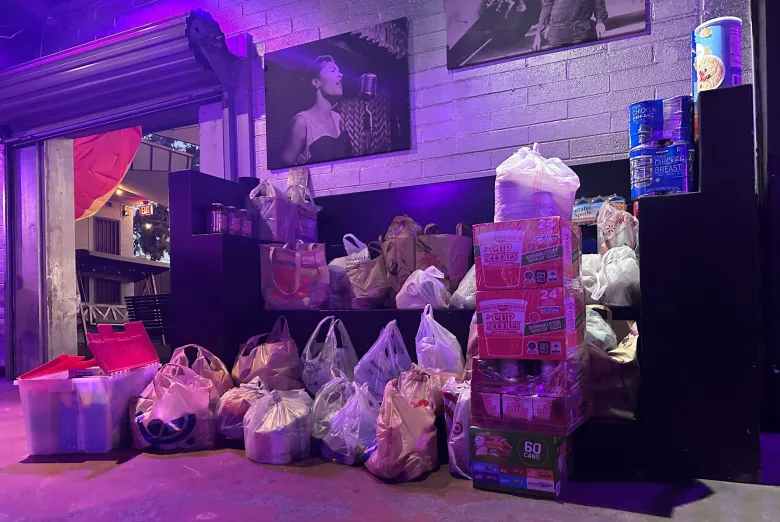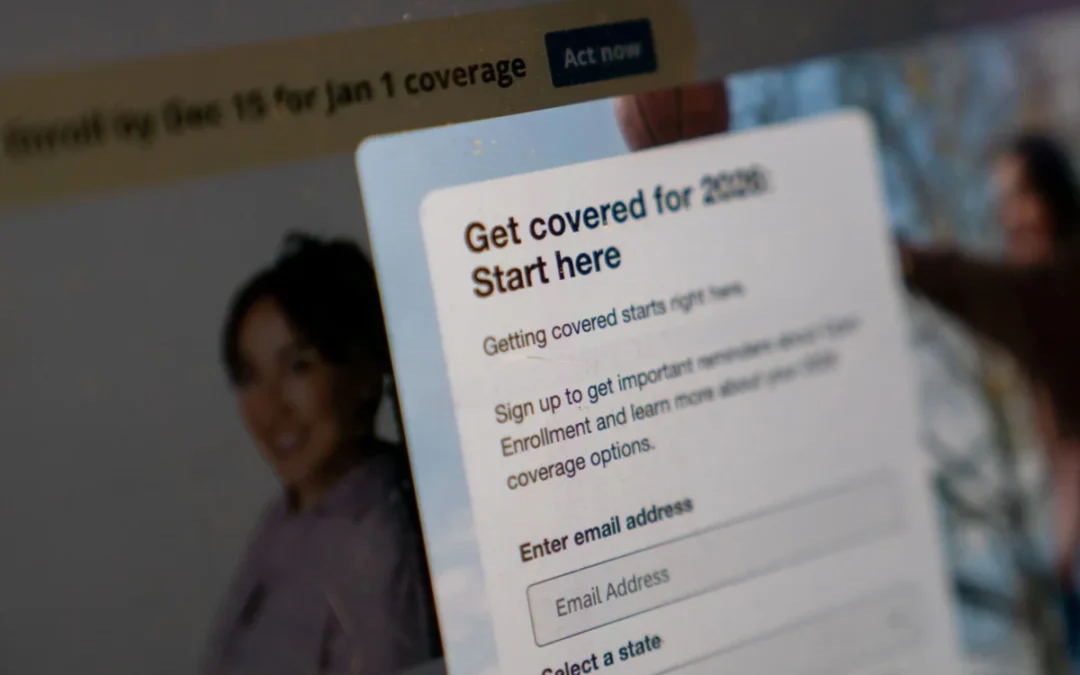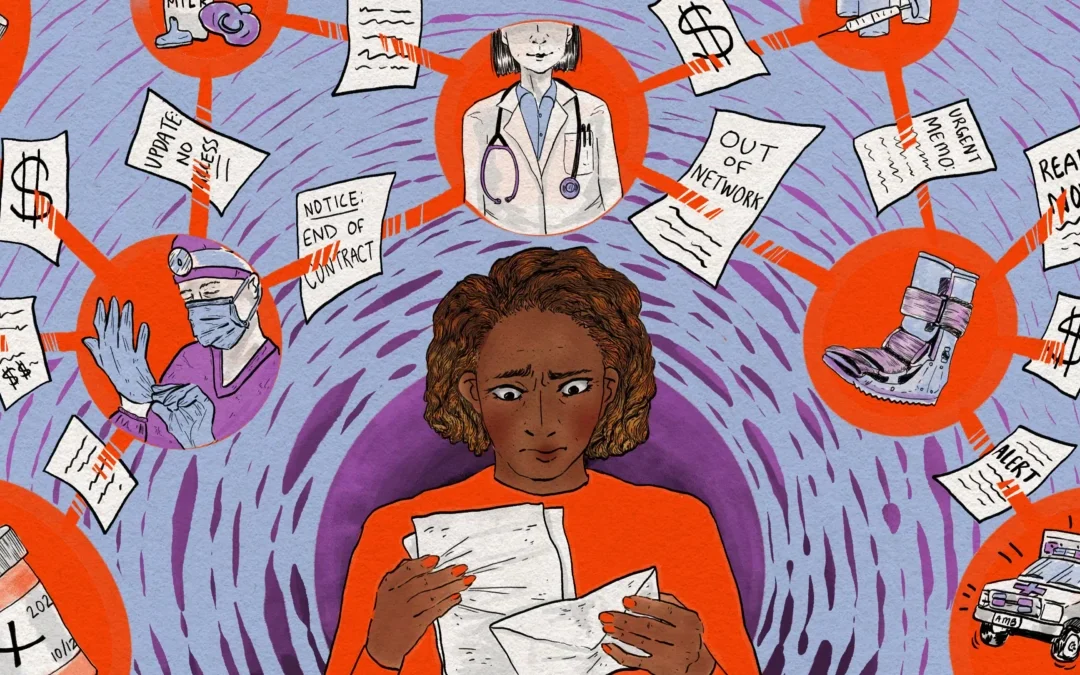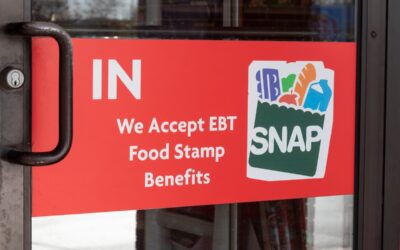
Photo by Element5 Digital on Unsplash.
Arizonans are at risk of disenfranchisement as county recorders take different approaches in correcting a voter registration glitch discovered in 2024.
One Arizona, a nonprofit dedicated to voting rights, is sounding the alarm about the hundreds of thousands of Arizonans who may be ineligible to vote in local elections due to a recently-discovered state error.
Arizona is one of the few states that requires residents to provide proof of citizenship to cast a full ballot. If voters do not provide proof, they can attest under penalty of perjury that they’re US citizens in order to vote in federal races.
That requirement is the result of Proposition 200 – the Arizona Taxpayer and Citizen Protection Act – which appeared on Arizona voters’ ballots in 2004 and passed with 55% of the vote.
The measure requires documentary proof of citizenship (DPOC) in order to vote in elections. An Arizona driver’s license or non-operating ID issued after October 1, 1996, a US birth certificate, passport, naturalization certificate, and some tribal documents are considered documentary proof of citizenship.
Due to a glitch at the Motor Vehicle Division, however, thousands of Arizonans who originally got an Arizona driver’s license before 1996 and then registered to vote after 2004 were incorrectly marked as having provided proof of citizenship, even though it was unclear if they had.
Some of these voters may not even know that they are only eligible to participate in federal elections. That means they have less of a say over issues that impact their day-to-day life, including local races like the Arizona Corporate Commissioner, which regulates utilities, or voting to retain judges.
“If you’re given a ‘fed only,’ ballot, you still are then denied the opportunity to vote on some really important local races,” said Hal Vink, Data Director for One Arizona.
The glitch was discovered in September 2024 after a Maricopa County worker flagged a person on the county’s voter rolls who had not provided proof of citizenship, but was registered as a full-ballot voter. While the person had never cast a ballot, the issue came to light.
That’s when the state discovered that about 218,000 Arizonans, most of whom are registered Republicans, were impacted by the glitch.
Shortly after, the Arizona Supreme Court ruled that impacted voters would not be limited in the 2024 general election because no law authorizes county recorders to change voters’ registration statuses.
Counties take different approaches to the problem
County officials began contacting voters earlier this year to inform them they must provide proof of citizenship due to the error, according to Votebeat.
As county recorders have approached the issue differently, Secretary of State Adrian Fontes wrote Attorney General Kris Mayes a letter in May asking her to provide guidance on how election officials should approach the issue to ensure uniformity.
On Aug. 18, Mayes released an opinion stating that election officials should not change the status of voters impacted by the glitch unless it’s proven that these voters are ineligible to vote.
“The mere fact that an Affected Voter does not respond to a post-registration request for satisfactory evidence of citizenship is not affirmative evidence of non-citizenship and does not authorize a county recorder to cancel the voter’s registration, in whole or in part, including by downgrading the registration from full-ballot status to federal-only status,” Mayes wrote.
But it is merely guidance, meaning county officials can still approach the issue differently from county to county.
Pima County officials confirmed the county has not changed the status of impacted voters, leaving them eligible for a full ballot.
A spokesperson for the Pima County Recorder said that office reached out to nearly 30,000 impacted voters and that as of Aug. 19, 8,067 voter records have corrected the issue by providing sufficient DPOC.
Pinal County, on the other hand, released a notice on their website that if a voter attempts to change their registration — such as a change in address, name, or party affiliation — they will be asked to provide DPOC.
Votebeat reports that if an affected voter in Pinal County tries to update their registration without providing DPOC, the office, led by Republican Recorder Dana Lewis, will suspend their registration.
That could leave thousands of voters unable to cast a ballot.
“It’s the exact opposite of what the attorney general said they should do,” said Alex Gulotta, state director for All Voting is Local.
It’s unclear if the Maricopa County Recorder’s office plans to follow Mayes’ new guidance.
Prior to the guidance, Maricopa County Recorder Justin Heap said voters who fail to provide DPOC within 90 days of receiving a letter sent from the office will have their status changed to “federal only.”
Recent reporting by Votebeat found the office has not changed its messaging despite Mayes’ guidance, and staff continue to ask voters to provide DPOC to remain eligible for a full ballot.
The office did not respond to multiple requests for comment.
That’s why One Arizona has begun hosting phone and text banks as a means of contacting impacted voters and alerting them about their potential disenfranchisement ahead of the upcoming Special Election in Arizona’s 7th Congressional district and the 2026 midterm elections.
“In a state where elections are regularly decided by just a few thousand votes, systematically suppressing the votes of over 200,000 eligible residents means election outcomes won’t accurately reflect the will of the people,” said Araceli Villezcas, communications director for One Arizona. “These voters will be barred from participating in state and local races, thus effectively denying them a say in the policies and leadership that shape their daily lives and communities.”
In the meantime, the group plans to continue their outreach efforts and urges Arizonans to double-check their registration status. Voters impacted need only to provide their county recorder with the proper documentation in order to vote in local races, including the governor’s race and other state elections next year.
“The only people that it’s hurting are eligible US citizens who have a right to vote.” Vink said.

Boycott Bar food drive: Community serves up mutual aid in response to SNAP cuts
PHOENIX – The lights of Boycott Bar’s patio switched on, and married couple Marley DeGroodt and Jocy Suarez, two of the bar’s employees, immediately...

Why health insurance is so expensive this year—and what you can do about it
Michelle Andrews November 4, 2025 This year’s Obamacare open enrollment period, which started Nov. 1 in most states, is full of uncertainty and...

Arizona is among states with the highest growth in cremations. Here’s why
Cremation has surpassed burial as the most used method of disposition in the United States and is estimated to increase by more than 80% by 2045,...

So your insurance dropped your doctor. Now what?
Bram Sable-Smith and Oona Zenda Illustrations by Oona Zenda October 29, 2025 Last winter, Amber Wingler started getting a series of increasingly...





